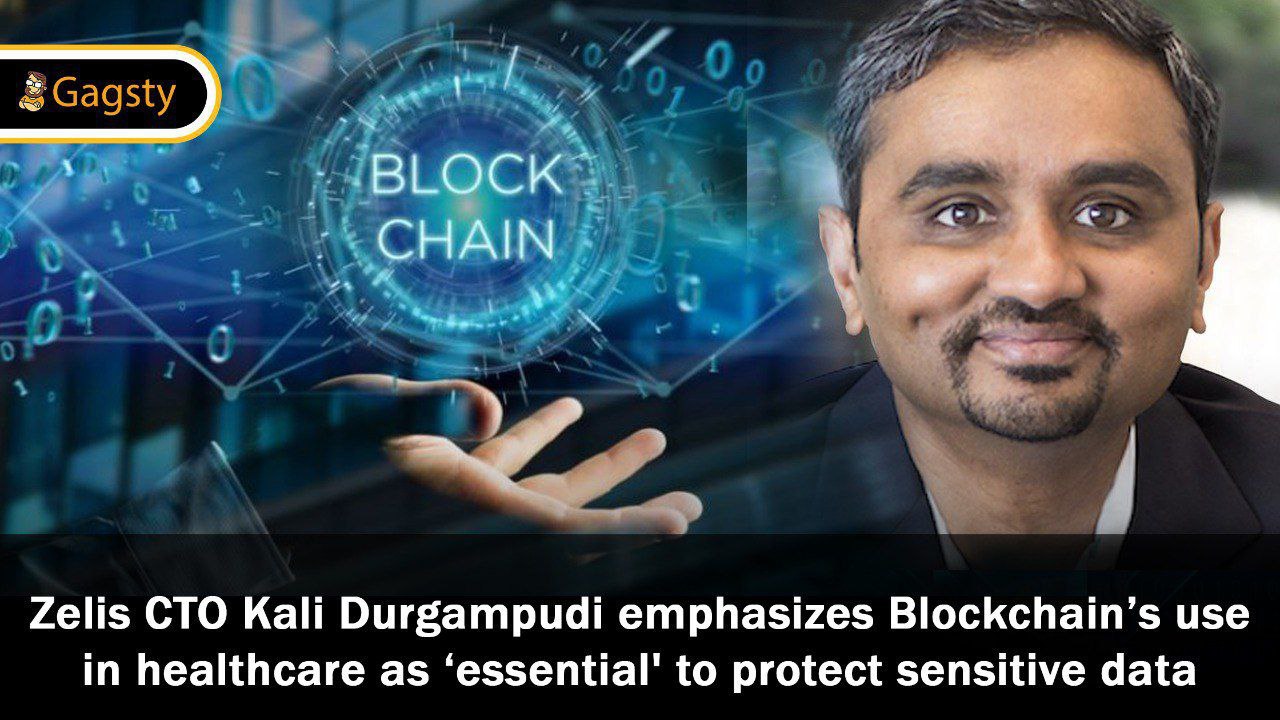
Kali Durgampudi, the CTO of healthcare payments company Zelis, believes that the implementation of blockchain tech effectively protects patients’ sensitive data from cybercriminals. Hence, he has called on health care providers to utilize blockchain tech to protect customer data and stave off attacks from cybercriminals.
On July 20 while speaking with Health IT News, Durgampudi noted that some of the biggest issues in healthcare are privacy and data security as the industry works to digitise “archaic paper-based processes.”
“Blockchain technology has the potential to alleviate many of these concerns,” he said, as he emphasized the importance of applying a digital ledger that is “impenetrable” to protect sensitive patient and financial data amid the growing rate of cyberattacks across the globe.
“Since the information cannot be modified or copied, blockchain technology vastly reduces security risks, giving hospital and healthcare IT organizations a much stronger line of defense against cybercriminals.”
Durgampudi went on to say that this technology can also play a key role in healthcare payments, as it can help provide greater transparency and efficiency over current payment models in healthcare. He said the many payers and providers were uncertain to share information via email as emails could go skewed and there was no proof of delivery.
“Blockchain provides both payers and providers with complete visibility into the entire lifecycle of a claim, from the patient registering at the front desk to disputing a cost to sending an explanation of benefits,” he added.
The multinational tech giant IBM has worked on blockchain-based healthcare solutions. The blockchain arm of the company has pointed out various solutions for healthcare such as health credential verification, the ‘Trust Your Supplier’ service to find verified suppliers, and ‘Blockchain Transparent Supply’, which provides supply chain tracking on temperature-controlled pharmaceuticals.
Another key player in the blockchain-based healthcare space is enterprise blockchain VeChain. In June last year, the project teamed up with Shanghai’s Renji Hospital to launch blockchain-based In-Vitro fertilization (IVF) service application.
VeChain also combined with The Republic of San Marino in July 2021 to launch an NFT-based Vaccination passport that was said to be provable worldwide by scanning QR codes tied to the certificate.
David Jia, who is a blockchain investor and has a Ph.D. in Neuroscience from Oxford University, resonated with similar sentiments with Durgampudi this week.
“Accuracy in medical records over the long term as well as accessibility is essential, as it is necessary for an individual’s record to be able to be transferred between providers, insurance companies, and specialists with relative ease. If medical records are stored on a blockchain, they may be updated safely in almost real-time,” he wrote.
Leave a Reply